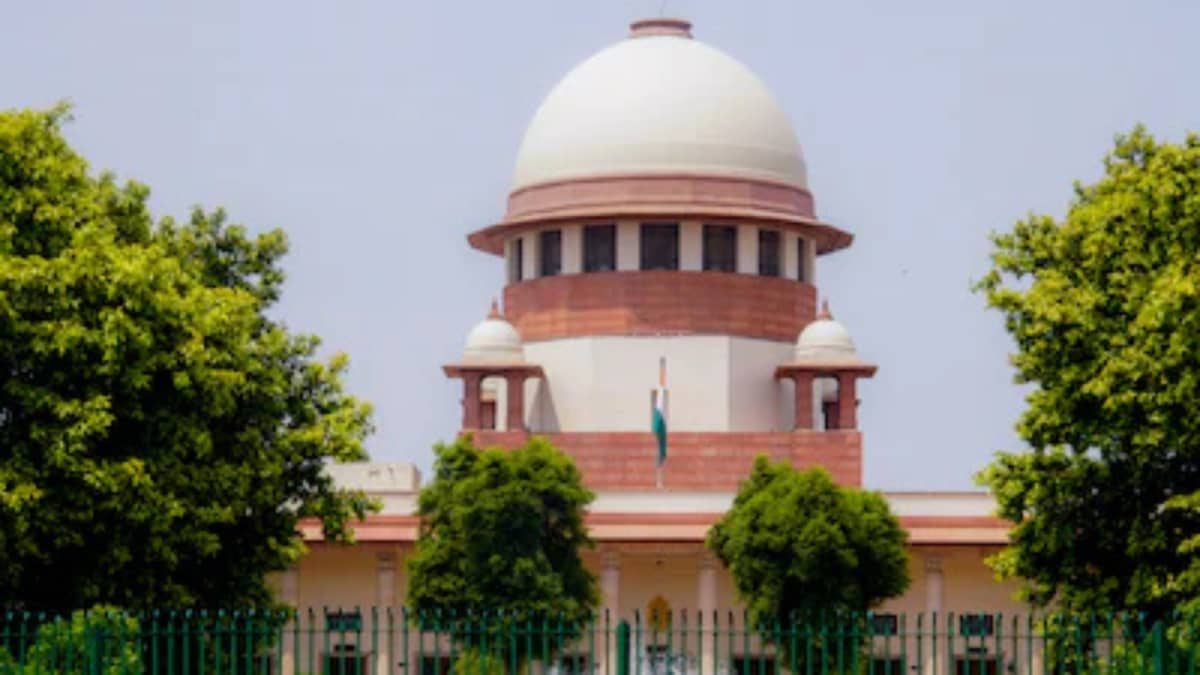Last Updated:
Court imposed an additional cost of Rs 25,000 on the Housing Board, payable to the Karnataka State Legal Services Authority.

Supreme Court of India (Image: PTI/File)
The Supreme Court has ruled that government departments cannot hide behind bureaucratic inertia to justify inordinate litigation delays, setting aside a Karnataka High Court order that had condoned nearly 11 years of delay by the Karnataka Housing Board in filing a second appeal.
A bench of Justices JB Pardiwala and R Mahadevan held that Section 5 of the Limitation Act permits condonation of delay only when “sufficient cause” is demonstrated and warned that such discretion must remain an exception, not the norm.
Recommended Stories
“Governmental litigants, no less than private parties, must demonstrate bona fide, sufficient and cogent cause for delay. Absent such justification, delay cannot be condoned merely because the applicant is the State,” the court said.
Court was dealing with an appeal filed by Shivamma, now deceased and represented through her legal heirs, who had challenged the High Court’s March 2017 order excusing the Housing Board’s 3,966-day delay in appealing against a partition suit decree. The apex court restored the relief granted to the family and directed the Principal Judge (Junior Division), Kalaburagi, to conclude execution proceedings within two months.
Court imposed an additional cost of Rs 25,000 on the Housing Board, payable to the Karnataka State Legal Services Authority, apart from the Rs. 25,000 already levied by the High Court. It also ordered its registry to circulate the judgment across all high courts, signalling its intent to curb what it called an “everlasting trend” of routinely condoning State delays.
Cautioning against judicial indulgence, the bench observed that constitutional courts must not act as “surrogates for State laxity and lethargy”.
It noted that limitation statutes are designed to bring closure to disputes, sparing private litigants from being dragged into endless rounds of litigation against well-resourced State entities.
“More than the importance of judicial time, what worries us is the plight of a litigant with limited means, who is to contest against an enormous State, and its elaborate and never-exhausting paraphernalia,” the bench said, adding that condonation cannot be granted on frivolous or superficial grounds. Even strong merits, it clarified, cannot override the absence of sufficient cause for delay.
The matter pertained to land owned by the appellant’s father, part of which was taken over by the Housing Board in 1979. After prolonged litigation, the appellate court in 2006 declared Shivamma the rightful owner and directed compensation, though possession was denied due to construction on the land. When execution proceedings began in 2011, the Housing Board attempted a belated challenge in 2017, nearly 11 years too late.
In 2017, the High Court accepted the Housing Board’s plea under Section 5 of the Limitation Act and Section 151 of the CPC, condoned the delay, and prompted the appellant to move the Supreme Court.
Setting aside the High Court’s order, the Supreme Court stressed that every day of delay must be explained. “Length of delay is no matter; acceptability of the explanation is the criterion,” the bench clarified, underscoring that “procedure cannot be cast aside to legitimise State indifference”.
About the Author

Salil Tiwari, Senior Special Correspondent at Lawbeat, reports on the Allahabad High Court and courts in Uttar Pradesh, however, she also writes on important cases of national importance and public interests fr…Read More
Salil Tiwari, Senior Special Correspondent at Lawbeat, reports on the Allahabad High Court and courts in Uttar Pradesh, however, she also writes on important cases of national importance and public interests fr… Read More
September 15, 2025, 17:23 IST
Loading comments…
Read More


